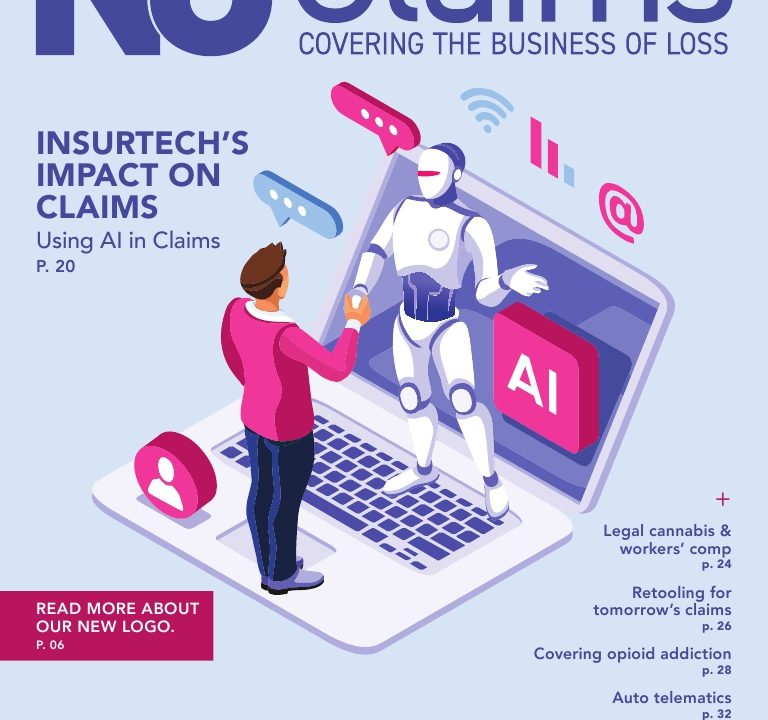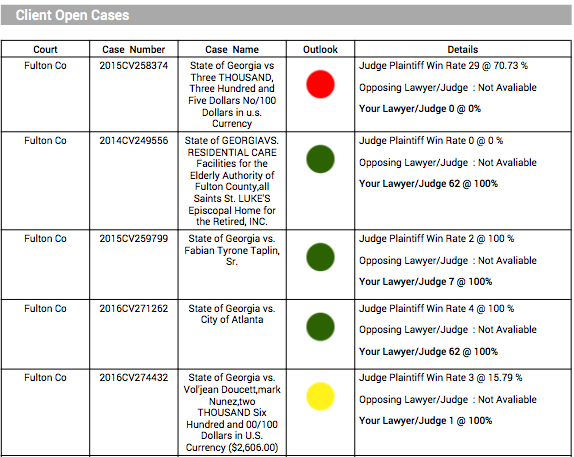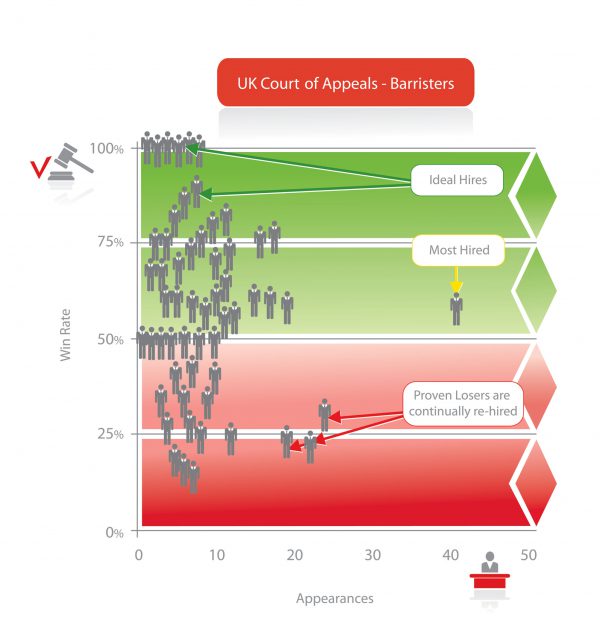Big Data – You’ve Heard About It, Haven’t You?
Big Data – You’ve Heard About It, Haven’t You?

Courts in the UK are based on the adversarial legislative system where those representing each side rehearse their arguments and evidence, more often than not, in front of a Judge. Consequently, in the absence of a mediated or agreed settlement, this leads to there being a winner and a loser in each case.
The results of all High Court cases in England & Wales are a matter of public record yet, until now, no effort has been made to assemble, analyse and amass those results in any absolute or comparative fashion.
That might be because, until the advent of sophisticated artificial intelligence and web crawlers, it has been almost an impossible task to carry out. However, Premonition Analytics, an American company, have done this for the 4000 High Court cases each year in this country over the past three years.
Using their experience and expertise, gained by the same work on cases in the US, where there are 40000 each DAY, the analysis offers some interesting and compelling results. It turns out, for example, that law firm”s barrister selection is actually 38% worse than random and client”s selection of law firms is 18% worse than random.
There are, of course, some stellar performers and those chambers and barristers who rate highly in this analysis might see this as yet another way to promote, market and sell themselves.
Premonition’s work is only one example of how, so called, big data is already affecting the legal profession.
This is how Wikipedia defines big data:
“Big data is a broad term for data sets so large or complex that traditional data processing applications are inadequate.
Challenges include analysis, capture, data curation, search, sharing, storage, transfer, visualization, and information privacy. The term often refers simply to the use of predictive analytics or other certain advanced methods to extract value from data, and seldom to a particular size of data set. Accuracy in big data may lead to more confident decision making. And better decisions can mean greater operational efficiency, cost reductions and reduced risk.”
It’s the last two sentences which are the important ones.
Solicitors, and others who instruct the bar, are already using big data in their own businesses. It’s an easy step for them to understand and use the sort of information Premonition is providing.
We’ve already seen the, possibly predictable, reaction to Premonition’s work. Anyone familiar with change management will recognise the first stage – Denial & Anger and the second – Resistance. You’ll have seen it, probably, in changes in your own chambers. These things will increasing happen as the pace of change increases at the bar. Those who pass to Exploration and then Commitment are the winners. Or, in some cases, the survivors.
Resistance, as they say, is useless.








